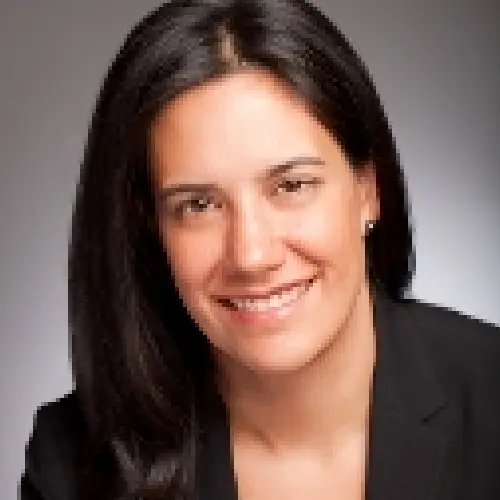To increase the 5-year survival rate from 12.8% to 50% through early detection and prevention of pancreatic cancer.
Pancreatic Cancer is the deadliest common cancer – with a dismal
5-year survival rate, still just 12.8%. Here are some of the reasons why:

Pancreatic cancer is the deadliest of the common cancers, with a dismal 5-year survival rate of just 12.8%. Here are some of the reasons why:

In almost 9 out of 10 cases, pancreatic cancer is detected too late for effective treatment.
PRECEDE is building a global early detection network to reverse those odds for good.

To raise funds to support the research being done by The Pancreatic Cancer Early Detection (PRECEDE) Consortium.
The funds raised by the PRECEDE Foundation go directly to the academic medical centers that are part of the PRECEDE Consortium. Donations help offset the cost of enrolling and consenting high-risk participants into the PRECEDE study, as well as provide resources for the work being done by the clinicians, scientists, genetic counselors and study coordinators who are working tirelessly to increase survival rates for pancreatic cancer.
Your support also pays for the centralized data and biospecimen repositories that provide researchers and industry partners access to the world’s largest database of individuals at high risk for developing pancreatic cancer. Those at highest risk are part of an annual screening and surveillance program that helps detect pancreatic cancers as early as possible, and when most treatable. At the same time, the data and biospecimens that are collected are vital components of the research being done to develop an early detection test.
Your contributions make all this possible.
The Pancreatic Cancer Early Detection (PRECEDE) Consortium is an international, multi-institutional collaborative group of experts and industry partners whose mission it is to increase survival for pancreatic cancer patients.
With over 60 leading academic medical centers across the globe, the PRECEDE Consortium has assembled the largest high-risk patient cohort, with longitudinal clinical data and biospecimen acquisition and tracking, and the leading clinicians and scientists in their field. The Consortium also brings cutting edge technologies to advance ability to detect pancreatic cancer at its earliest stages.

The strategic mission and operation of the PRECEDE Consortium is managed by a team of Principal Investigators who are among the top experts in their respective fields. They are led by Dr. Diane Simeone, the founder of the PRECEDE Consortium who is one of the world’s leading pancreatic cancer surgeons, and the Director of the Moores Cancer Center at the University of California at San Diego.





Join our mailing list for the latest news and events. We assure you that we will not send unnecessary emails.
(914) 263-7968
info@precedefoundation.org
Debbie Brandel
PO Box 207
Red Hook, NY 12571